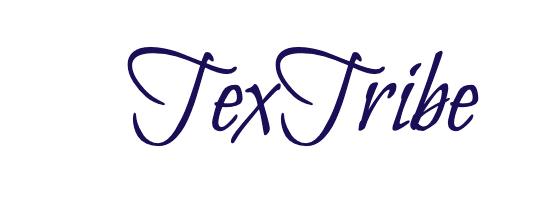In the exploration of the English language, the terms “dwarfs” and “dwarves” serve as an interesting study, especially given their grammatical nuances and usage in different contexts. While both terms refer to mythical beings of short stature, famous in folklore and fantasy literature, their use and implications have varied over time.
Quick Facts Table
| Aspect | Dwarfs | Dwarves |
|---|---|---|
| Primary Use | Science (astronomy), general plural | Fantasy, folklore |
| Origin | English | Modified by J.R.R. Tolkien |
| First Known Use | Early 18th century (in astronomy) | Mid 20th century |
| Pronunciation | /dwɔːrfs/ | /dwɔːrvz/ |
| Example Context | Dwarfs in the context of stars | “Dwarves in fantasy literature” |
Difference Between Dwarfs OR Dwarves
Definition of Dwarfs
Dwarfs is the traditional plural form of dwarf, referring to a very small person, animal, or plant. It is also used in astronomy to describe stars of relatively small size and low luminosity.
Definition of Dwarves
Dwarves is a plural form of dwarf that J.R.R. Tolkien popularized for the mythical, stout, and bearded characters in his fantasy novels. This spelling is now commonly associated with the fantastical beings in literature and media.
Origin of Dwarfs
The term dwarfs has its roots in the Old English word dweorg, which has Germanic origins, reflecting on beings of small stature in mythology and folklore, long before being used in modern astronomy.
Origin of Dwarves
Dwarves was popularized in the 20th century by J.R.R. Tolkien in his fantasy literature. He used this spelling to differentiate his characters from the traditional mythological beings and to lend his creations a unique identity.
Pronunciation
- Dwarfs is pronounced as /dwɔːrfs/.
- Dwarves is pronounced as /dwɔːrvz/.
Comparing Dwarfs and Dwarves
When comparing dwarfs and dwarves, the primary distinction lies in their contextual use and the connotations each carries. Dwarfs is more scientifically inclined and broadly applied, whereas dwarves are firmly rooted in the realm of fantasy and fiction.
| Feature | Dwarfs | Dwarves |
|---|---|---|
| Context of Use | Science, general English | Fantasy, mythology |
| Connotations | Real-world, diminutive beings | Mythical, stout warriors of folklore |
| Cultural Impact | Lesser in popular culture | Significant, especially in fantasy |
| Literary Use | Broader, non-specific | Specific to certain fantasy narratives |
Usage in Sentences with Explanations
Use of Dwarfs in Sentences
- The newly discovered dwarfs star is one of the smallest observed in our galaxy.
- In the garden, she has a variety of dwarfs plants that thrive in limited space.
- Dwarfs galaxies often orbit larger galaxies, acting as their satellites.
- The folklore of many cultures includes stories of dwarfs with magical powers.
- Technological advancements dwarfs previous achievements, highlighting progress.
Use of Dwarves in Sentences
- Tolkien’s dwarves are known for their skill in mining and craftsmanship.
- The fantasy novel features a kingdom ruled by dwarves deep under the mountain.
- In the game, players can choose dwarves as their race for their character.
- Legends tell of dwarves crafting magical weapons in ancient forges.
- The movie adaptation brought the dwarves to life with stunning visual effects.
Conclusion
While dwarfs and dwarves may seem similar at first glance, their usage, origins, and cultural significance are distinctly different. Dwarfs finds its place in broader, often scientific contexts, whereas dwarves belong to the fantastical realms of literature and entertainment. Understanding these nuances enriches our appreciation of language and its evolution in different contexts.
Commonly Asked Questions
- Why did Tolkien use “dwarves” instead of “dwarfs”?
- Tolkien chose “dwarves” to differentiate his mythological beings from the common myth and to align with his unique world-building in Middle-earth.
- Can “dwarfs” and “dwarves” be used interchangeably?
- While they can be used based on personal preference, it’s important to consider the context; “dwarves” is preferred in fantasy, and “dwarfs” in general and scientific contexts.
- Which spelling is more popular?
- “Dwarfs” is historically more common, but “dwarves” has gained popularity in fantasy literature and media.

